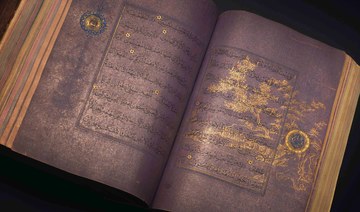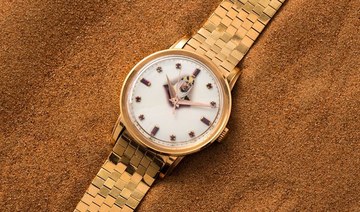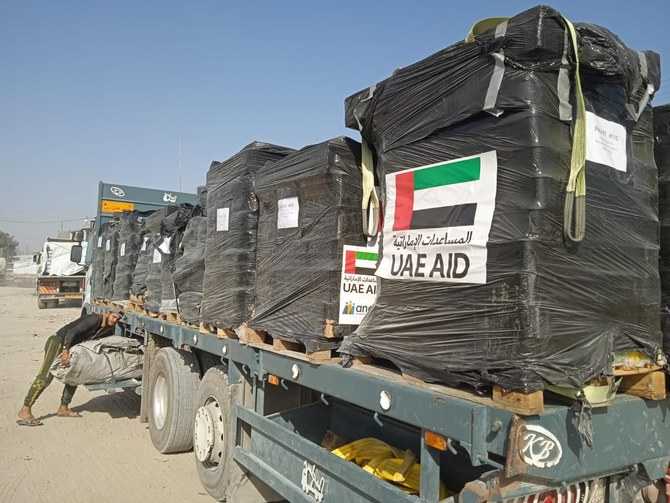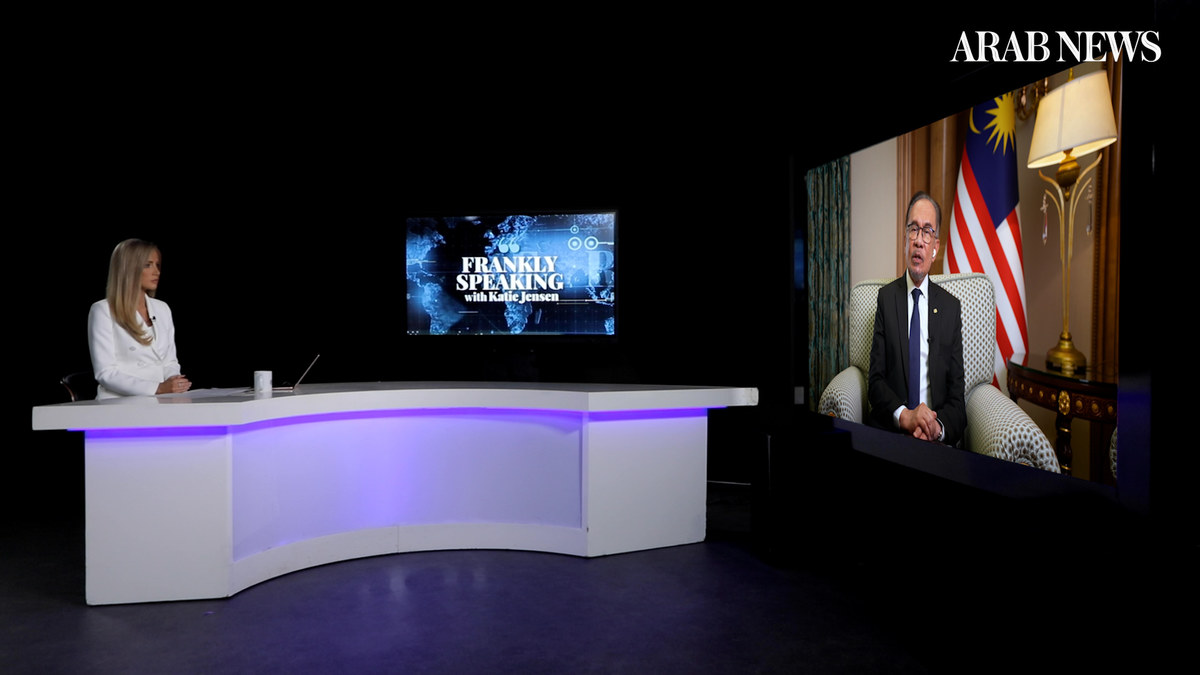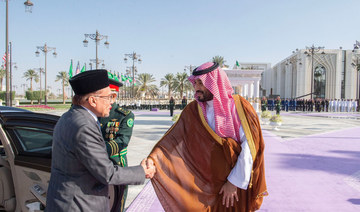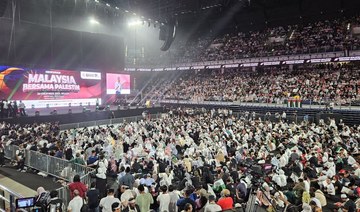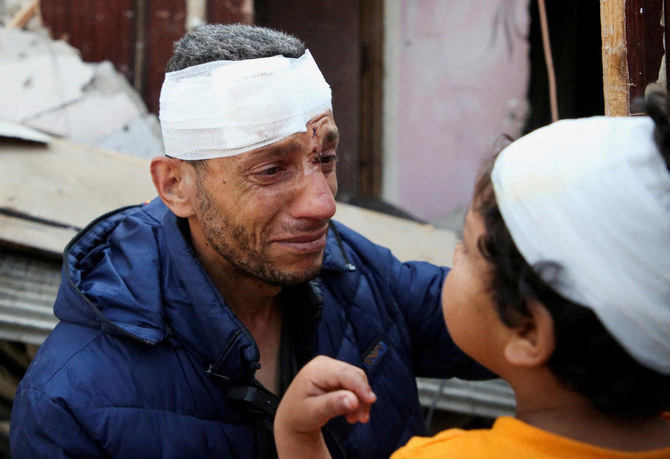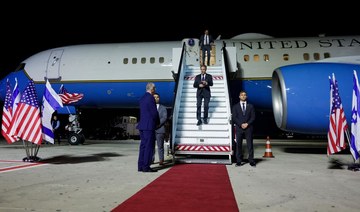DUBAI: Creative industries the world over have suffered under COVID-19 containment measures, which have led to event cancellations and loss of income for artists and venues. Although community-based initiatives in the Middle East have helped art-world professionals weather the worst of the pandemic’s financial blows, the art market itself has been forced to adapt to strange new circumstances.
The global art market, which has an annual worth of $64.1 billion according to Swiss multinational investment bank UBS, had been growing steadily in recent years until the coronavirus outbreak forced galleries to close, stopping sales and exhibitions, and ate into the spending power of collectors.
Indeed, according to “The Impact of COVID-19 on the Gallery Sector” report published by UBS and Art Basel, which surveyed 795 galleries and 360 collectors from the US, UK and Hong Kong, the pandemic cut modern and contemporary gallery sales by 36 percent, with a median decline of 43 percent compared with the first six months of 2019.
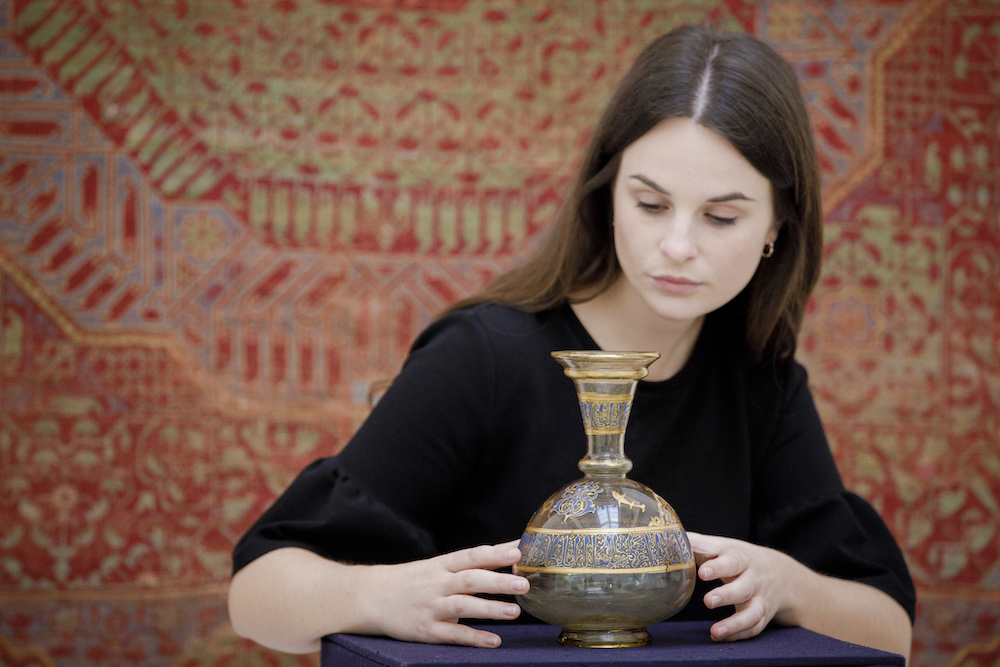
With restrictions on movement and lockdowns forcing the closure of their venues, gallerists were forced to come up with new ways to sell their art and promote their artists, including virtual fairs. (Supplied)
The smallest galleries, with a turnover of less than $500,000, reported the biggest decline in sales, with many forced to downsize and lay off staff. The findings appear to mirror a drop in sales across many luxury goods industries over the course of the year.
With restrictions on movement and lockdowns forcing the closure of their venues, gallerists were forced to come up with new ways to sell their art and promote their artists, including virtual fairs. Although gallerists have their reservations about the efficacy of virtual fairs, it does seem they are here to stay for the foreseeable future — at least until more in-person events can be held safely.
READ MORE: How artists in coronavirus-hit Middle East found strength in solidarity
The auction world, on the other hand, has not seen sales significantly dented by the shift to digital. Sellers remain eager to shed their valuables and buyers are as hungry as ever.
For instance, at Sotheby’s online contemporary art sale at the end of June, buyers paid top dollar for a number of pieces. A Jean Michel Basquiat drawing sold for $15 million and a Francis Bacon triptych went for almost $85 million.
In the Middle East auction world, sentiments were also positive. In 2020, 52 percent of Sotheby’s MENA-related auctions came from online-only sales — a percentage based on six online and two live auctions. By comparison, there were seven live and no online auctions in 2019 and five live and no online auctions in 2018.
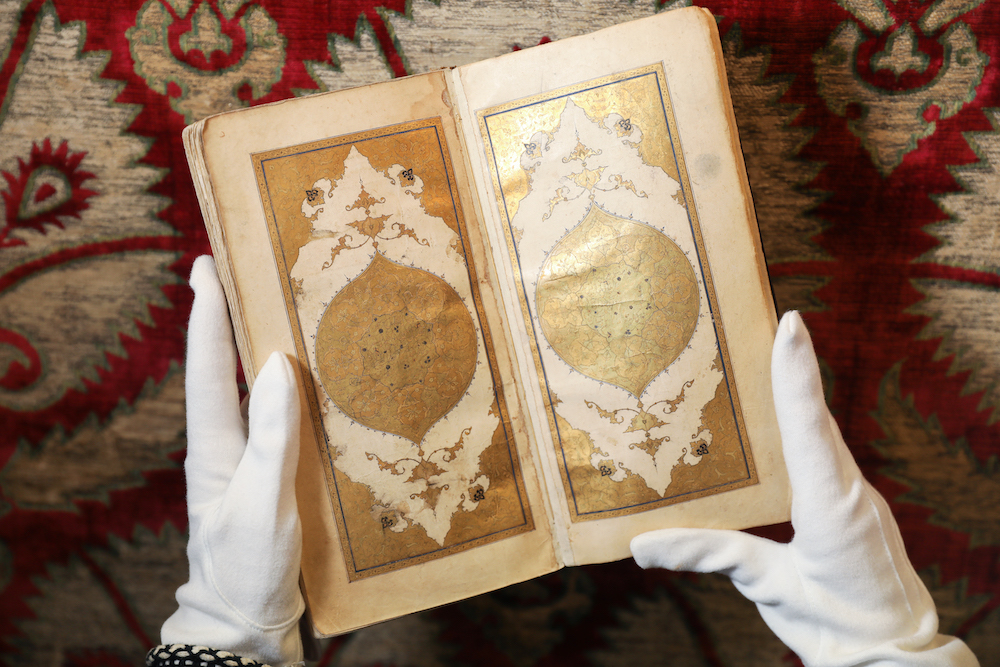
In 2020, 52 percent of Sotheby’s MENA-related auctions came from online-only sales — a percentage based on six online and two live auctions. (Supplied)
“That is not to say that there wasn’t plenty of online bidding and buying in these sales,” Edward Gibbs, Sotheby’s chairman of the Middle East and India, told Arab News. “But 2020 has been a year of fundamental change, which will have lasting effects moving forward.”
The process of adoption of digital modes had already begun in earnest, but truly came into its own with the onset of the pandemic. “The art market has historically been slow to embrace e-commerce; however, findings indicate that this has changed in the face of the crisis,” the Art Basel and UBS report said.
Indeed, in the first half of 2020, online sales accounted for 37 percent of galleries’ total sales — up from 10 percent in 2019. Of the collectors surveyed for the report, 85 percent or more said they had visited online viewing rooms for galleries or fairs, with just under half of them having used these platforms to finalize a purchase.
Some 66 percent of galleries surveyed anticipated that online sales in the gallery sector would further increase in 2021.
INNUMBERS
Art market
* $64.1bn Annual value of global art market.
* 36% Decline in gallery sales vis-a-vis first 6 months of 2019.
* 52% Online-only sales’ share of Sotheby’s MENA auctions in 2020.
“Among the many positive learnings to take into the new year include the importance of digital innovation and the irrepressible power of art and rare objects,” said Gibbs.
“In terms of technology, Sotheby’s has spent the past few years developing its own online sales platform, meaning that when coronavirus hit, we were able swiftly to scale up operations and bring new categories, never included online before, into an ever-broader range of offerings.”
Middle Eastern clients have always been among their most tech-savvy, he says.
“We held our inaugural online sale out of Dubai, as well as our first ever online sale of modern and contemporary Arab and Iranian art,” Gibbs said.
“Even in more traditional markets, such as with Islamic art for instance, this has also been the case. In our most recent Arts of the Islamic World and India live sale, over half of bidders who participated in the sale transacted online.”

Abdulrahman Al-Soliman’s, Untitled (1981) worth between an estimated $61,500 to $75,200. (Supplied)
The sentiment is shared at Christie’s. “There’s a very healthy uptick in online sales,” Caroline Louca-Kirkland, managing director of Christie’s Middle East, told Arab News. “We saw a large number of new registrants or clients that we didn’t have before that came through the online portal.”
In Nov. 2020, Christie’s Middle East celebrated its 15th autumn sale season with three online auctions. One of them was ‘We Are All Beirut’ — a charity initiative to provide relief and support to the arts community in the Lebanese capital following the Aug. 4 port explosion. The event raised over $680,000 to help rebuild the city’s art and cultural community, including Beirut’s historic Sursock Museum.
“Having online auctions without viewings during a lockdown and travel bans was challenging, but we did see some positive results,” Louca-Kirkland said. “We broke the record for Samia Halaby ($542,000) and achieved an impressive ($406,000) for a 1982 work by the late Moroccan master Mohamed Melehi. Additionally, we saw a record for Ranya Sarakbi’s Ouroboros ($406,000) in our inaugural design section.”
Christie’s saw great interest from collectors in Lebanon for its Beirut charity sale. “However, controls on overseas money transfers from Lebanon prevented collectors in Beirut from being able to participate in the auction,” Louca-Kirkland said.
“The Lebanese art market is suffering from the current banking restrictions and its political situation. Equally, the continued sanctions and other geopolitical hurdles have affected the Iranian market.”
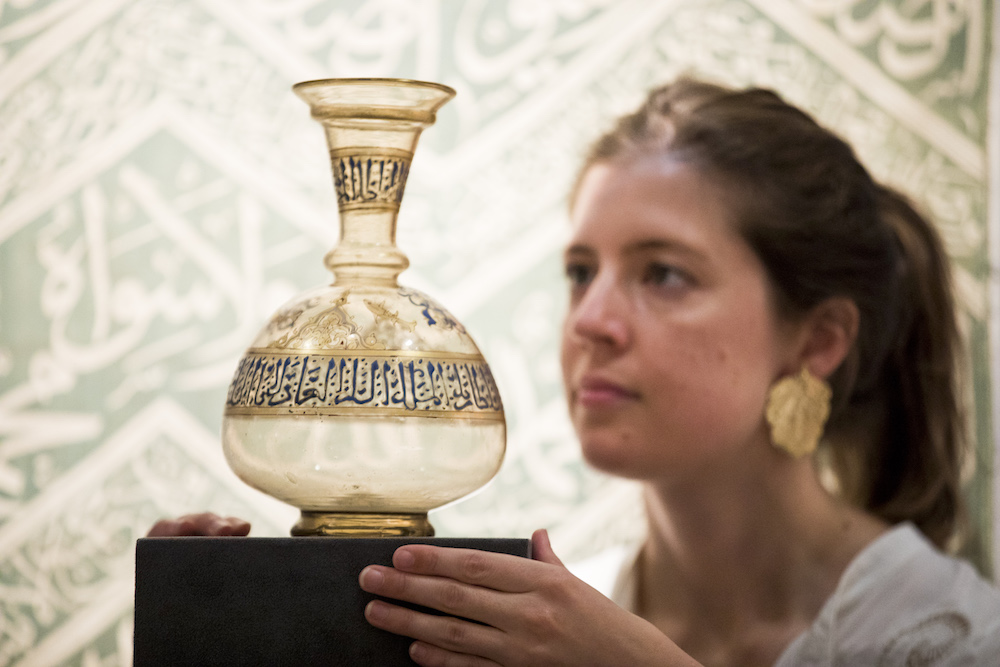
A highly important Mamluk gilded and enamelled glass flask from Syria dated to the 14th century, worth up to an estimated $684,000. (Supplied)
In other parts of the Middle East the market is more promising. “There is still a healthy art market, in particular we are seeing a growing appetite for North African art, and new buyers coming in through the online platform,” she said. Nevertheless, “we need to support the Iranian and Lebanese art markets during these times.”
Christie’s Middle East intends to hold its annual art sale in October in London.
Although online platforms have been widely used during the pandemic, collectors have indicated they are not their preferred means to interact with artists and galleries.
Asked by the Art Basel and UBS survey how they would prefer to view art, 70 percent opted for attending a physical or offline exhibition or fair, versus 30 percent who preferred to use online viewing rooms or other online platforms.
Despite ongoing restrictions, some 82 percent of collectors said they plan to attend exhibitions, art fairs and events sometime in the next 12 months. Digital formats may have gained ground during the pandemic, but it would be wrong to predict the demise of real-world galleries and auctions any time soon.
-------------------
Twitter: @rebeccaaproctor





